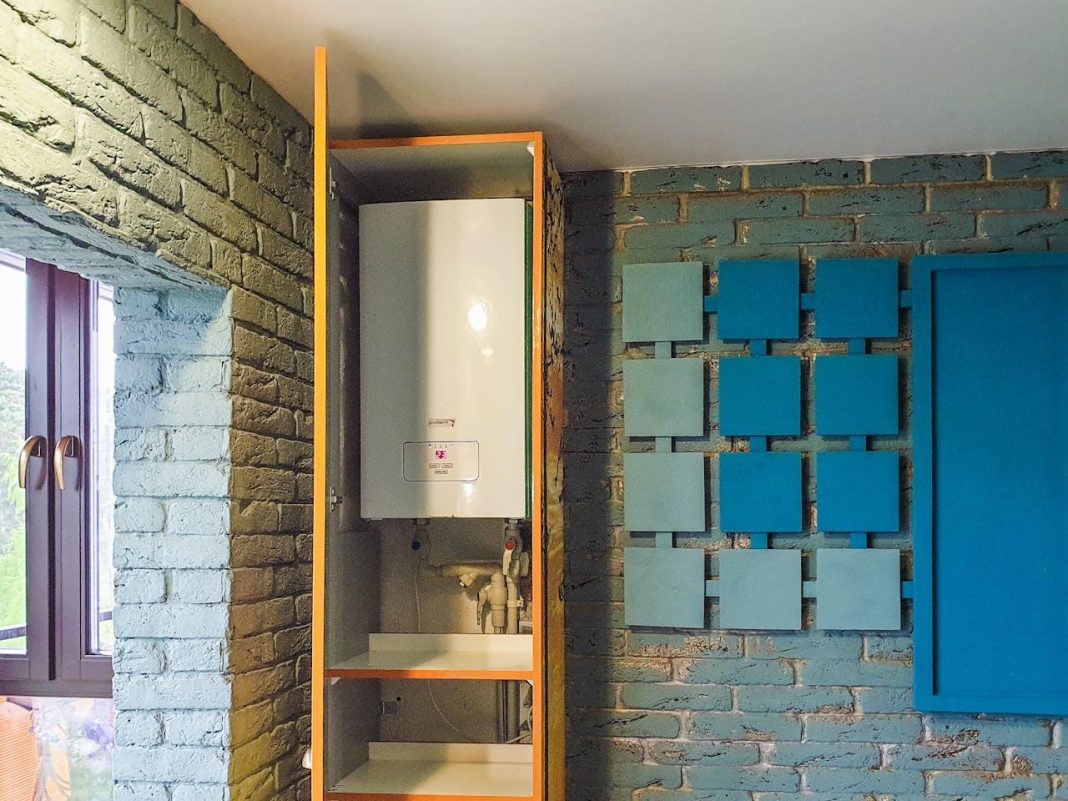You’ve just bought your first home. Among all the new responsibilities, your water heater might not seem like the most glamorous thing to think about.
But here’s the thing. It’s one of the most important appliances in your home, working around the clock to give you hot showers, clean dishes, and warm laundry water. Most first-time homebuyers don’t think about their water heater until it stops working.
Then suddenly, you’re standing in a cold shower at 7 AM, frantically googling plumbers. However, a little knowledge upfront can save you from that unpleasant surprise and help you make smart decisions about when and how to replace your water heater.
Assess the Age and Condition
Your water heater has been quietly doing its job, but how long has it been at it? Most water heaters last between 8 to 12 years, depending on the type and how well they’ve been maintained. Check the manufacturer’s label for the installation date or serial number to figure out its age.
But age is just one piece of the puzzle. Look for signs that your water heater might be ready for retirement. Rusty water coming from your hot water taps often means the tank is corroding from the inside. Strange noises like rumbling or popping sounds usually indicate sediment buildup.
If your water heater is approaching the 10-year mark and showing any of these symptoms, it’s time to start shopping for a replacement rather than waiting for a complete breakdown.
Know Your Fuel Options
Water heaters come in different fuel types, and each has its own pros and cons. Gas water heaters heat up faster and typically cost less to operate, but they require proper ventilation and a gas line.
Electric models are easier to install and safer in some ways, but they usually have higher operating costs and take longer to heat water. There are also newer options worth considering. Heat pump water heaters use electricity more efficiently, though they work best in consistently warm spaces.
Solar water heaters can dramatically reduce your energy bills, but they require a significant upfront investment and work better in sunny climates.
Determine the Size for Water Heater Replacement
Getting the right size water heater is crucial. Too small, and you’ll run out of hot water during your shower. Too large, and you’ll waste energy heating water you don’t need.
Water heater capacity is measured in gallons, and the right water heater replacement size depends on your household’s hot water usage patterns. Here’s a simple way to think about it:
- 1-2 people: 30-40 gallon tank
- 2-3 people: 40-50 gallon tank
- 3-4 people: 50-60 gallon tank
- 5 or more people: 60+ gallon tank
But don’t just count heads. Consider your family’s habits. Do you take long showers? Run the dishwasher and washing machine frequently? These factors might push you toward a larger capacity.
Energy Efficiency
Energy-efficient water heaters cost more upfront, but they can save you hundreds of dollars over their lifetime. Look for the Energy Star label and check the unit’s Energy Factor (EF) rating. The higher the EF number, the more efficient the water heater.
Tankless water heaters deserve special consideration here. They heat water on demand rather than keeping a tank full of hot water all the time. This can cut your water heating costs significantly, especially if you don’t use much hot water.
However, they have higher upfront costs and may require upgrades to your home’s electrical or gas systems.

